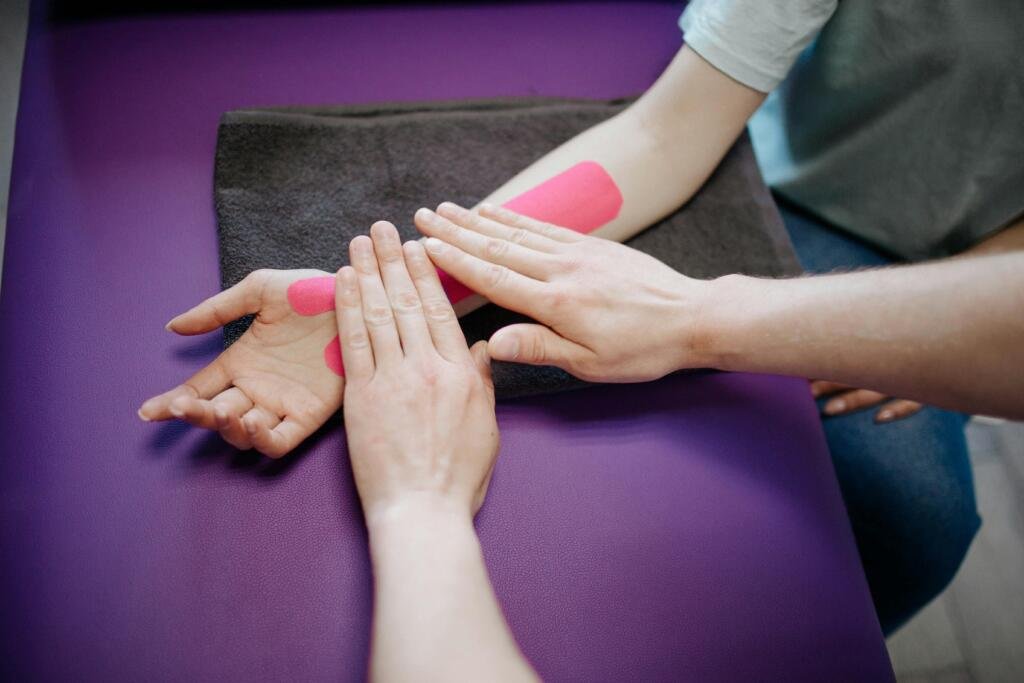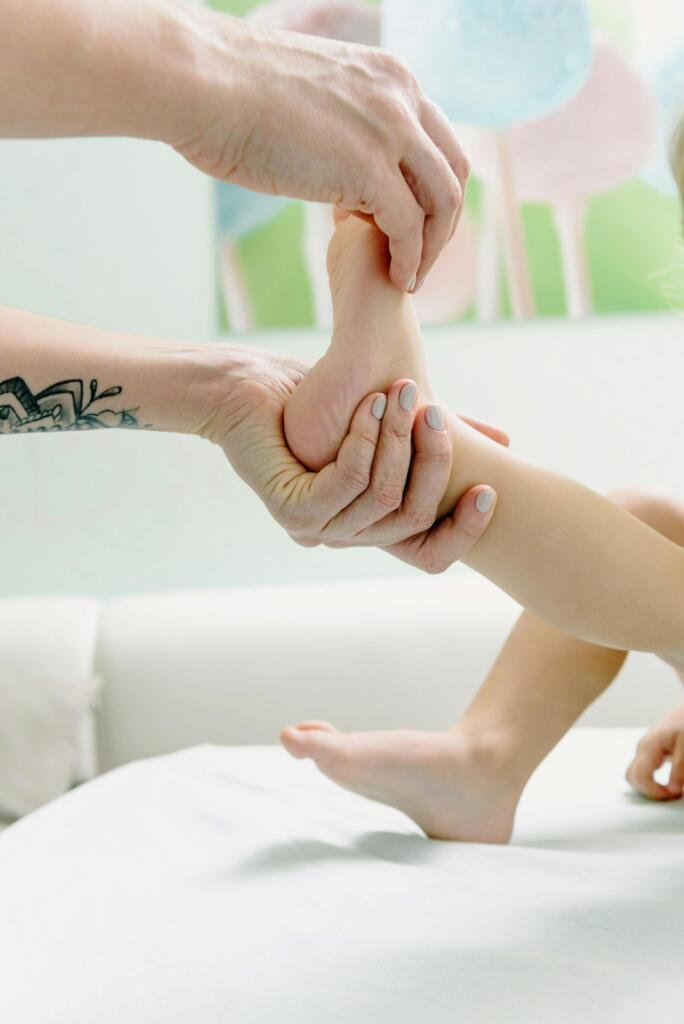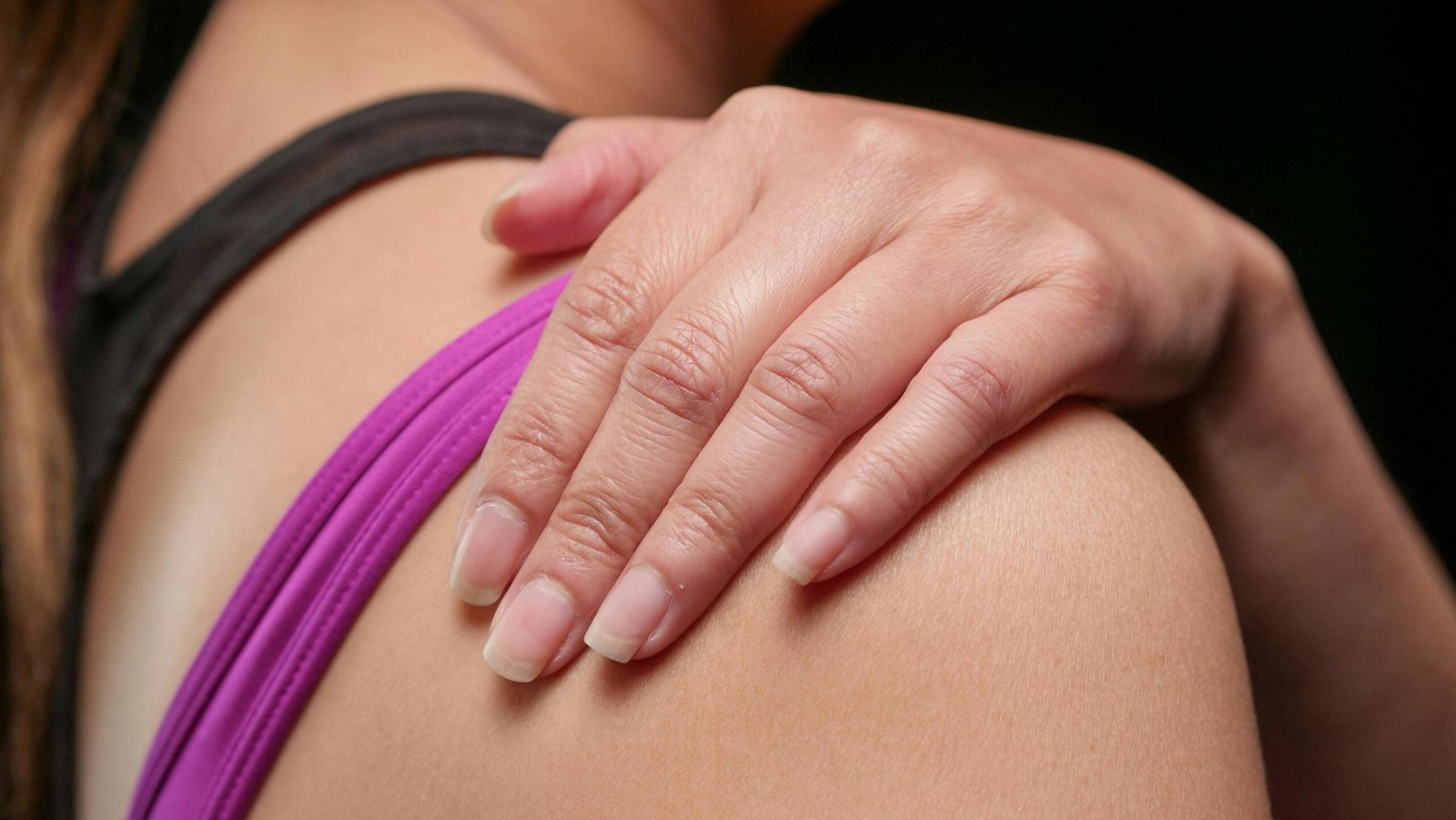Muscle cramps are sudden, involuntary contractions or spasms in one or more muscles, often causing intense pain and discomfort. They can occur during physical activity, rest, or sleep and are commonly caused by dehydration, muscle fatigue, or mineral imbalances. Effective care for muscle cramps focuses on relieving immediate discomfort and preventing future episodes.


Detailed Causes of Muscle Cramps
- Dehydration: Inadequate fluid levels disrupt muscle function.
- Electrolyte Imbalances: Low levels of potassium, calcium, magnesium, or sodium can impair muscle coordination.
- Overexertion: Prolonged or intense physical activity strains muscles.
- Poor Circulation: Reduced blood flow limits oxygen supply, triggering cramps.
- Postural Issues: Sitting or standing in awkward positions for extended periods.
- Underlying Medical Conditions:
- Nerve Compression: Spinal issues can compress nerves, causing cramps.
- Metabolic Disorders: Diabetes or hypothyroidism may increase the risk.
- Pregnancy: Hormonal changes and increased pressure can lead to leg cramps.
Immediate Relief for Muscle Cramps
Hydration: Drink water or sports drinks containing electrolytes to replenish essential minerals.
Stretching Exercises:
For calf cramps: Pull your toes upward towards your knee.
For thigh cramps: Pull the leg backward towards the buttocks.
Massage Therapy: Apply gentle pressure and massage the muscle in circular motions.
Heat Application: Use a heating pad or warm towel to relax tight muscles.
Cold Compress: Apply an ice pack to reduce inflammation after the cramp subsides.


